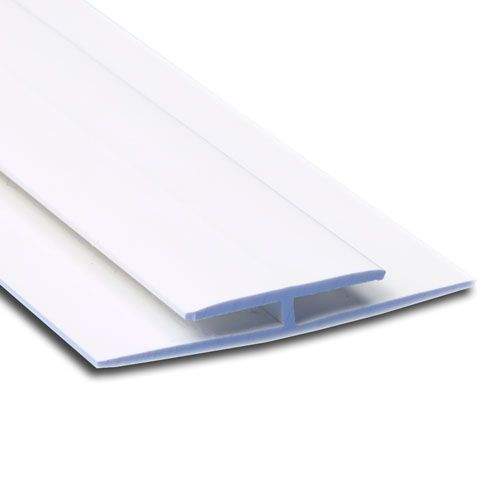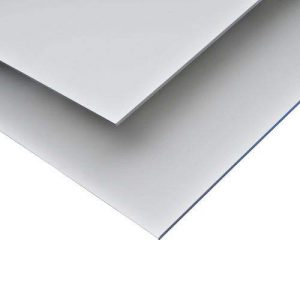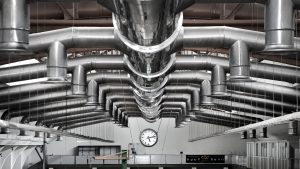
Exploring the Pros and Cons of Using PVC for Exterior Walls
When it comes to building materials for exterior walls, PVC (Polyvinyl Chloride) is often considered as a viable option. In this blog post, we will delve into the advantages and disadvantages of using PVC for exterior walls. By understanding the characteristics and properties of PVC, you can make an informed decision on whether it is the right choice for your project.
- Durability and Weather Resistance:
PVC is known for its exceptional durability and weather resistance. It can withstand harsh environmental conditions, including extreme temperatures, moisture, and UV radiation. Unlike other materials, PVC does not rot, warp, or corrode over time, making it an excellent choice for exterior walls that need to withstand the elements. - Low Maintenance:
One of the key benefits of PVC for exterior walls is its low maintenance requirements. Unlike wood or metal, PVC does not require regular painting or sealing. It is resistant to stains, dirt, and mold, making it easy to clean with just soap and water. This not only saves time and effort but also reduces long-term maintenance costs. - Energy Efficiency:
PVC offers excellent thermal insulation properties, helping to improve the energy efficiency of buildings. It acts as a barrier against heat transfer, keeping the interior cool in summer and warm in winter. This can result in reduced energy consumption for heating and cooling, leading to cost savings and a smaller carbon footprint. - Versatility:
PVC is a highly versatile material that can be molded into various shapes and sizes. It is available in different colors, textures, and finishes, allowing for a wide range of design possibilities. Whether you prefer a modern or traditional look, PVC can be customized to meet your aesthetic requirements. - Environmental Considerations:
While PVC has numerous advantages, it is important to consider its environmental impact. PVC is derived from fossil fuels, and its production process involves the release of toxic chemicals. However, advancements in manufacturing techniques have led to the development of eco-friendly PVC alternatives that are more sustainable and recyclable.
Conclusion:
In conclusion, PVC offers several benefits for exterior walls, including durability, low maintenance, energy efficiency, and versatility. However, it is essential to weigh these advantages against the environmental considerations associated with PVC. By carefully evaluating your project's requirements and considering alternative materials, you can make an informed decision on whether PVC is the right choice for your exterior walls.


Average Rating